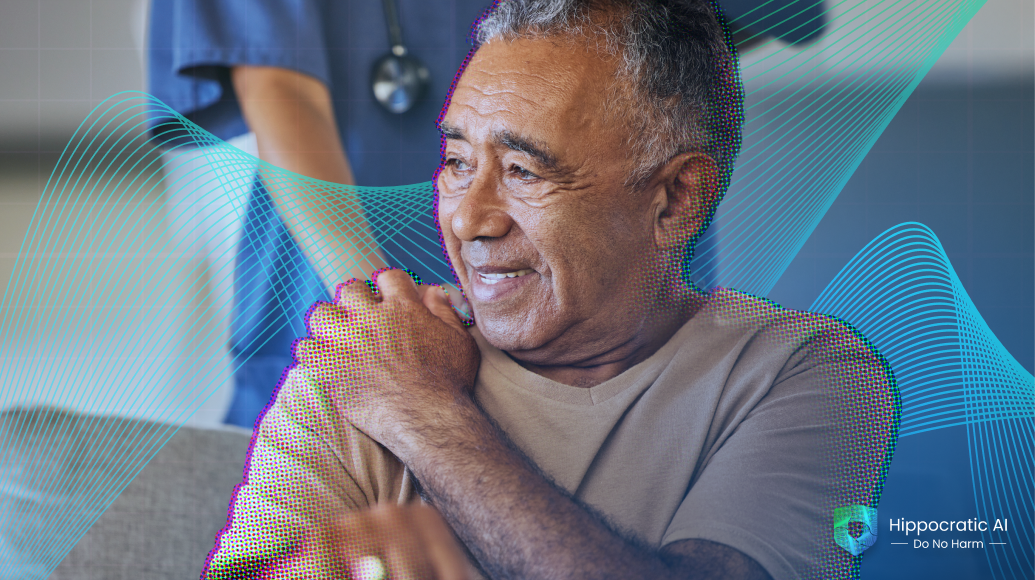As part of a monthly check-in program, our AI agent recently contacted a 74-year-old male who had a past medical history significant for hypertension, chronic kidney disease (CKD), and vitamin D deficiency. The purpose of the call was to ask about his hypertension management and home blood pressure monitoring. However, during this outreach, he reported that he had slipped on ice the previous day, sustaining a head injury along with other bodily trauma. Additionally, due to a severe cold wave in his region, he disclosed that his pipes had frozen such that he had no running water, and his electricity was currently out. These compounded challenges posed significant health risks, particularly given his advanced age, CKD, and potential medication non-adherence due to environmental disruptions. Critically, he mentioned that he did not have any family around to help; our AI agent was his only channel for care.
Recognizing the immediate concern, our agent rapidly escalated the case to a human clinical team member for further evaluation. The patient’s recent fall necessitated an urgent neurological assessment to rule out intracranial hemorrhage, particularly given his age-related fall risk and potential use of antihypertensive agents that could predispose him to orthostatic hypotension. Furthermore, the lack of access to clean water and electricity introduced significant concerns regarding dehydration, worsening renal function, and inability to maintain proper hygiene.
This case underscores the vulnerability of elderly patients to sudden changes in their living conditions, particularly during extreme weather events. Natural disasters and inclement weather disproportionately impact this population, compounding existing medical and socioeconomic challenges. The inability to access medical care, essential utilities, and safe living conditions can precipitate acute decompensation of chronic diseases such as hypertension and CKD. Without proactive intervention, these patients are at heightened risk for complications such as hypertensive crises, acute kidney injury, and falls leading to serious morbidity.
By leveraging AI-driven outreach, healthcare teams can not only optimize chronic disease management but also rapidly identify and respond to evolving social determinants of health. Our AI agent’s ability to assess the patient’s social and medical status in real time facilitated timely escalation, ensuring the patient received appropriate medical attention and access to emergency resources. This use case highlights the critical role of AI in augmenting patient monitoring, reducing disparities, and mitigating the risks posed by environmental and systemic healthcare disruptions.

